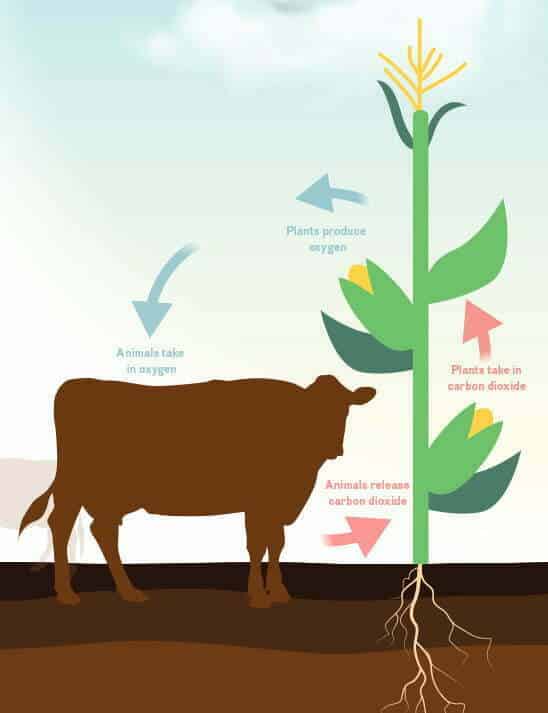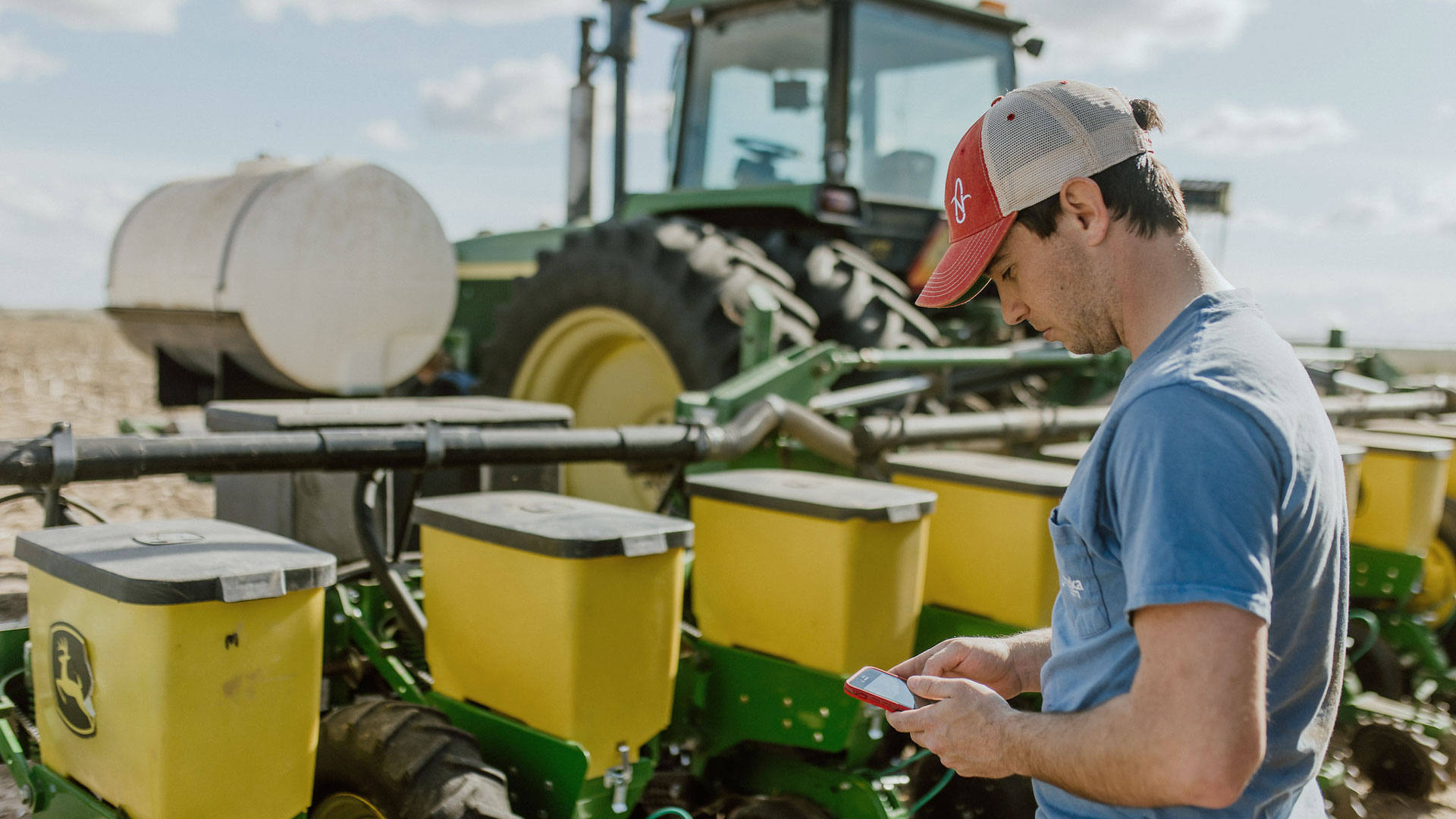Conservation-centered agricultural practices are restorative for ecosystems above and below the Earth’s surface – and this is nothing new!

Keith Byerly is a field manager with the Soil Health Partnership (SHP) – a farmer-led soil management initiative dedicated to sustainable agriculture through soil fertility.
Byerly said one of his colleagues recently came across a USDA brochure explaining the dangers of soil erosion by water and over-tillage. Normally it wouldn’t be unusual to encounter that kind of material since the Soil Health Partnership tackles these topics daily.
Except the brochure was from 1952.
“It’s not that we ignored these things,” he said.
Soil health has been a priority for decades. Byerly works with farmers across Nebraska and Kansas who are constantly experimenting with ways to improve soil fertility, as well as the longevity of their farming operations. They team up to collect data explaining long-term changes in soil health, which allows the farmers to make decisions affecting the long-term outlook for their operations.
[From the Ground Up: Sustainable agriculture starts with soil]
Byerly identified some of the most common research questions he sets out to explore in five-year studies with his farmers: “How do I incorporate cover crops into my operation? How fast do things change in the soil? How does this rhetoric around the importance of cover crops come to fruition on my farm?”
A cover crop is a crop planted to cover the soil – not necessarily to be harvested. Cover crops help anchor the soil structure and reduce erosion.
Not all cover crops are the same. They benefit different soil types in various ways. One common example of a cover crop in Nebraska is cereal rye. Cereal rye grows fast. Its fibrous roots improve the water infiltration rate of topsoil, protecting it during heavy rains. Meanwhile, farmers dealing with extra compacted fields may choose to plant radishes or beets, because their long roots penetrate deeper into the soil.
In regards to soil health, there are three things Byerly regularly advocates for:
No-Till Farming
Farmers are increasingly abandoning tillage as a way of preventing soil erosion, protecting water resources and retaining moisture in the ground.

An Open Mind
Byerly also noted that growers are paying attention to science. They’re coming to the table to learn how to improve their operations, because sustainability is important to them, their families and future generations of farmers.
The Grassroots Approach
“Growers are banding together to educate and bring on the change without people telling them or mandating to them that they have to do it,” Byerly said. Peer-to-peer organizations like SHP enable farmers to identify the solutions they need to ensure the sustainability of their farms for generations to come.
“I think the biggest misconception that a lot of the public has is that farmers care more about profit than they care about the environment,” Byerly said. “There is not a single farmer out there who doesn’t realize that the land is the key to their livelihood.”
Related Posts
A Field of Opportunity: U.S. Carbon Markets Explained
Agricultural carbon markets are a way for corn farmers to combat climate change while potentially unlocking new revenue streams. These markets allow farmers to earn carbon credits using climate-friendly sustainable farming methods—such as no-till [...]




